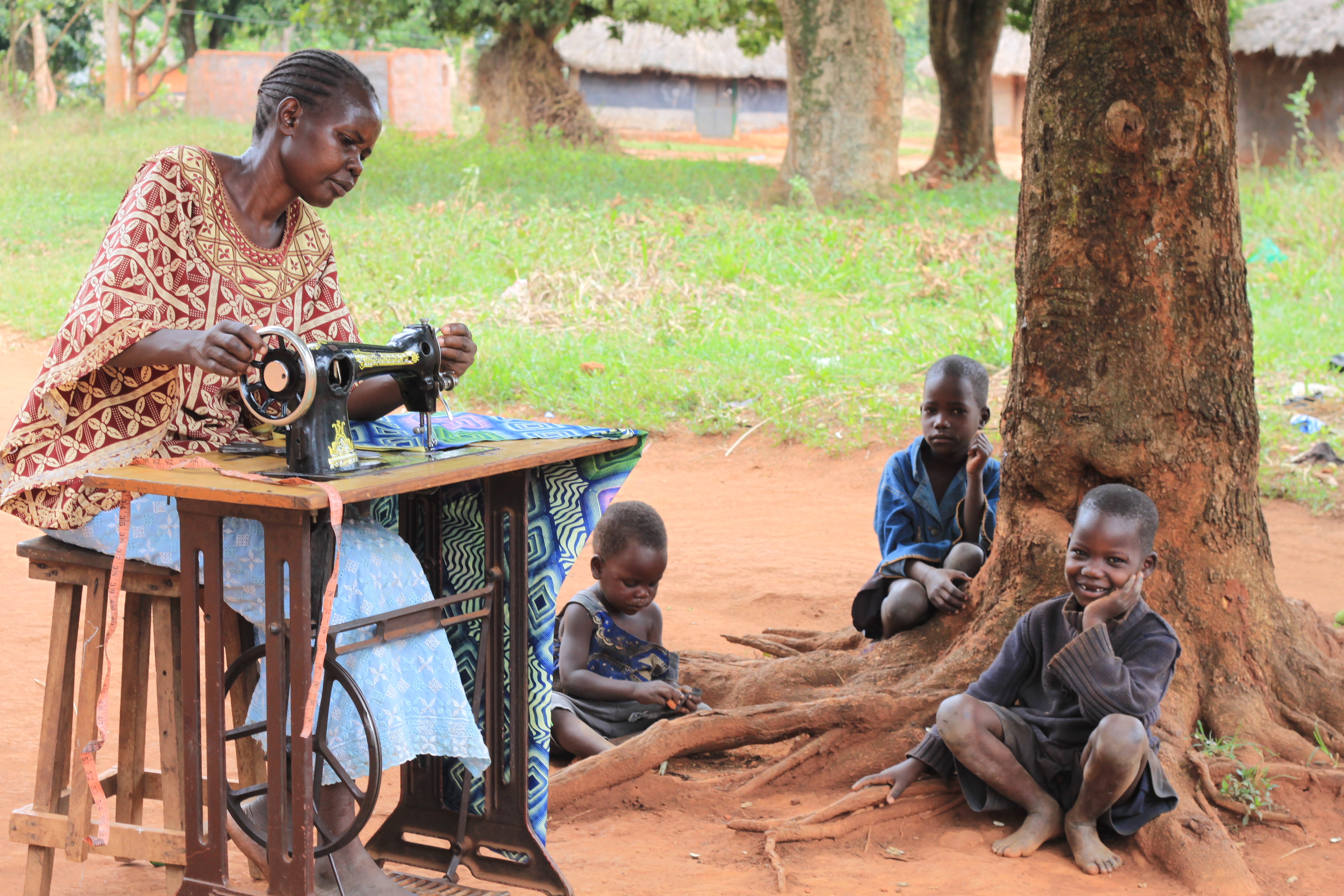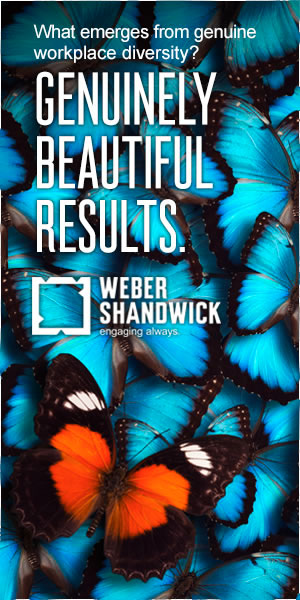There are some simple truths that permeate both the development and banking worlds. Bigger actions lead to greater impacts, expertise is a one sided relationship, control needs to be maintained, and finally, put your trust in men. This is where non-profit organization Kleos Microfinance Group stands out. Their development model, which is centered around small micro-loans, holds independence and empowerment as the keys to sustainable international development.
Just as with the focus on the independence of individuals, the loans are administered through locally based satellite offices that enjoy the freedom and flexibility to assess and address the needs of their own community. The non-profit organization is disrupting the belief that you should put your trust in men; borrowers are primarily comprised of women living in rural areas. These women have no formal income, minimal education, no credit history and no collateral. Yet, loan recipients remain defiantly successful.
This counter-intuitive development model is designed to respond to specific needs directly. Most specifically, to deliver opportunity to the most underserved through micro-loans, training, savings, and scholarship programs. The key element lies in that opportunity, which allows rural women to build their own micro-enterprises to get themselves out of poverty. However, the one characteristic all of this programming shares is that it is up to the individual to succeed on their own merits with the opportunity they’ve been given. Whether in terms of the individual borrowers, or the satellite offices themselves, the expertise is already on hand. Kleos simply serves as the catalyst.
The notion of underutilized expertise and underserved female populations are evidenced all over the world – such as in Sub-Saharan Africa, where women make up 75% of the workforce, yet they own only 1% of the land. Additionally, educated women have shown the ability to increase the yield on farms by up to 22%, yet two-thirds of the children denied school are girls and 64% of the world’s illiterate adults are women. It is with that in mind, that this development model emphasizes empowerment and personal responsibility in order to address exactly those needs.
Kleos’ mission is Sustainable Development through Empowerment and Access. This means long term investment in communities and the ability for those communities to direct programming as necessary. Although only in operation for five years, this theory is already yielding promising results. Not only are the women able to repay their loans at or better than the rate of their male counterparts, women are also proving more beneficial to the community around them, as they are now able to afford school fees for their children and those of their neighbors. Additionally, the initial wave of borrowers are now being given access to savings programs, a need that until very recently hadn’t even been a consideration.
For the first time, graduation loans are being issued in 2017 as well – one final loan for a few select women who look to no longer need access to capital at all. This is what is possible when opportunity and trust are given to those who’ve never before been given a chance – despite what tradition might tell you.


